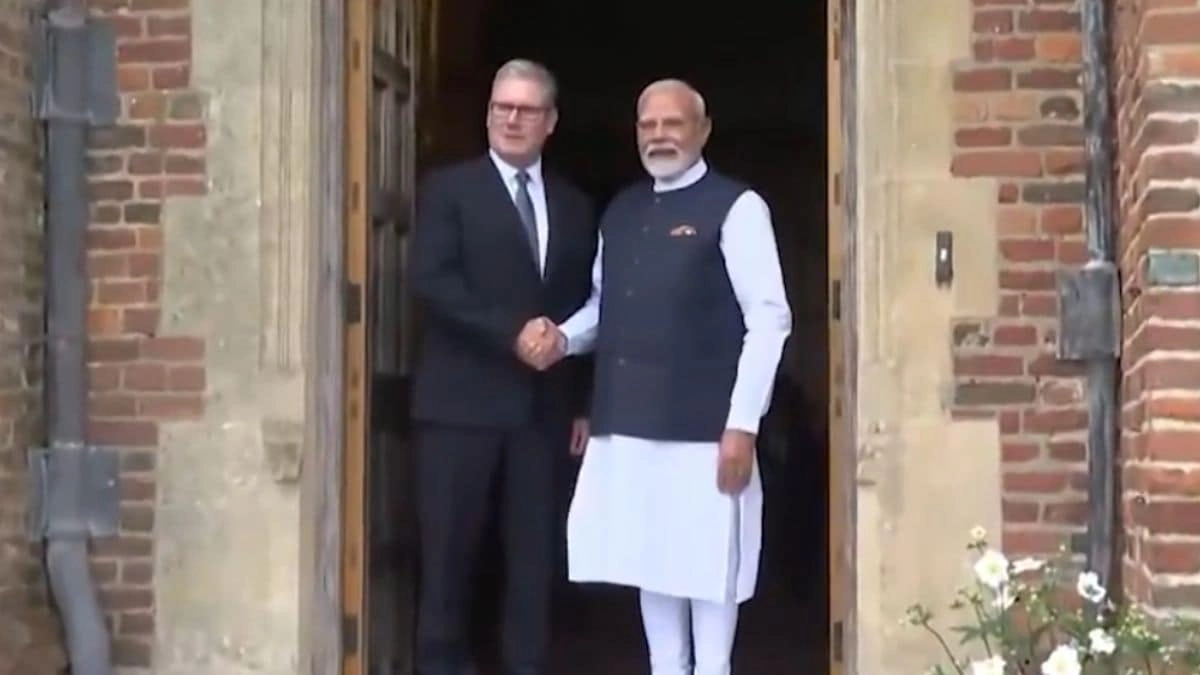In a significant development in international trade relations, India and the United Kingdom have officially signed a Free Trade Agreement (FTA) aimed at fostering economic cooperation and enhancing bilateral trade. This landmark pact is expected to open new avenues for Indian farmers, providing them with greater access to the UK market. Prime Minister Narendra Modi, while announcing the agreement, emphasized the potential for Indian agricultural products to reach a wider audience, thereby increasing the income of farmers across the country. The FTA is not merely a bilateral arrangement; it is a strategic partnership that could reshape trade dynamics between the two nations.
The agreement is projected to eliminate tariffs on a wide range of goods and services, significantly benefiting various sectors of the Indian economy. For farmers, this means an opportunity to export their products to the UK without the burden of high tariffs, making Indian agricultural goods more competitive in the British market. Prime Minister Modi highlighted that this pact aligns with India’s broader goals of enhancing agricultural exports and improving the livelihoods of farmers, who form the backbone of the Indian economy. The FTA also includes provisions for promoting investments in agriculture, technology transfer, and capacity building, all aimed at modernizing Indian agriculture and increasing productivity.
Moreover, the India-UK FTA is expected to foster collaboration in areas such as technology, research, and sustainable practices in agriculture. This partnership can lead to the introduction of innovative agricultural techniques and practices that can help Indian farmers adapt to changing market demands and environmental challenges. By leveraging the technological advancements from the UK while providing high-quality agricultural products, both nations stand to gain significantly from this agreement. The focus on sustainable practices is particularly crucial as both countries strive to address climate change and promote eco-friendly farming methods.
In conclusion, the India-UK Free Trade Agreement marks a pivotal moment for both nations, setting a foundation for enhanced economic ties and mutual growth. For Indian farmers, it represents a new market and the potential for increased exports, which can lead to improved incomes and livelihoods. As the agreement unfolds, it will be essential to monitor its implementation and the tangible benefits it brings to the agricultural sector. The collaboration between India and the UK through this trade pact not only underscores the importance of international cooperation but also highlights the role of agriculture in driving economic development and ensuring food security for the future.




